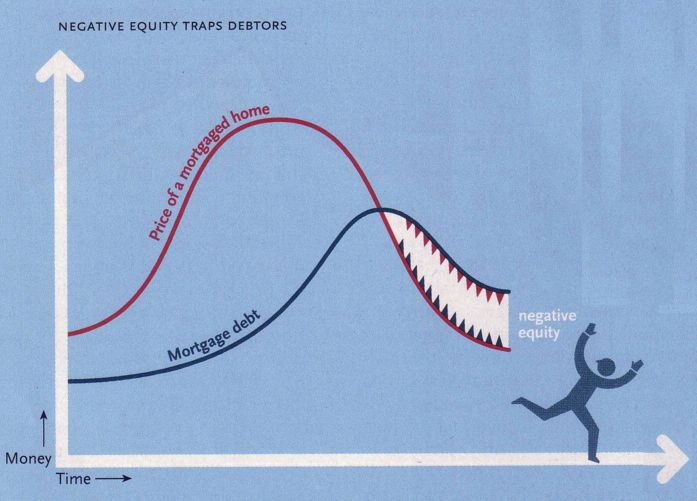Re: Pop goes the Globaloney Economy
Eric, with all do respect debt-forgiveness won't work either. The vast majority of homeowners are just like the banks. They are way over leveraged. So you can give them money (reduce their mortgage) but the net effect is still the same. They can't go to their housing ATM and spend and they have no other credit source from which to gain additional monies. Net effect - Japan style work-out.
Sorry not buying it!
Eric, with all do respect debt-forgiveness won't work either. The vast majority of homeowners are just like the banks. They are way over leveraged. So you can give them money (reduce their mortgage) but the net effect is still the same. They can't go to their housing ATM and spend and they have no other credit source from which to gain additional monies. Net effect - Japan style work-out.
Sorry not buying it!



Comment